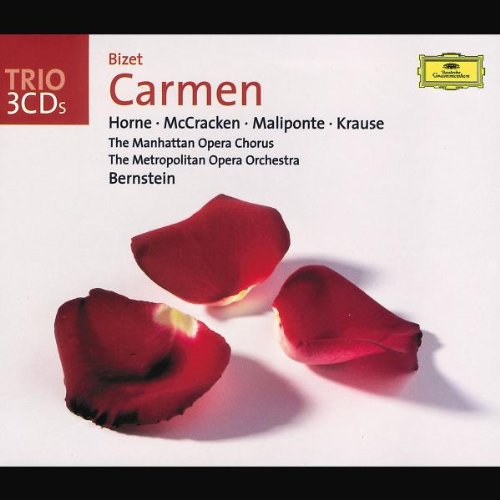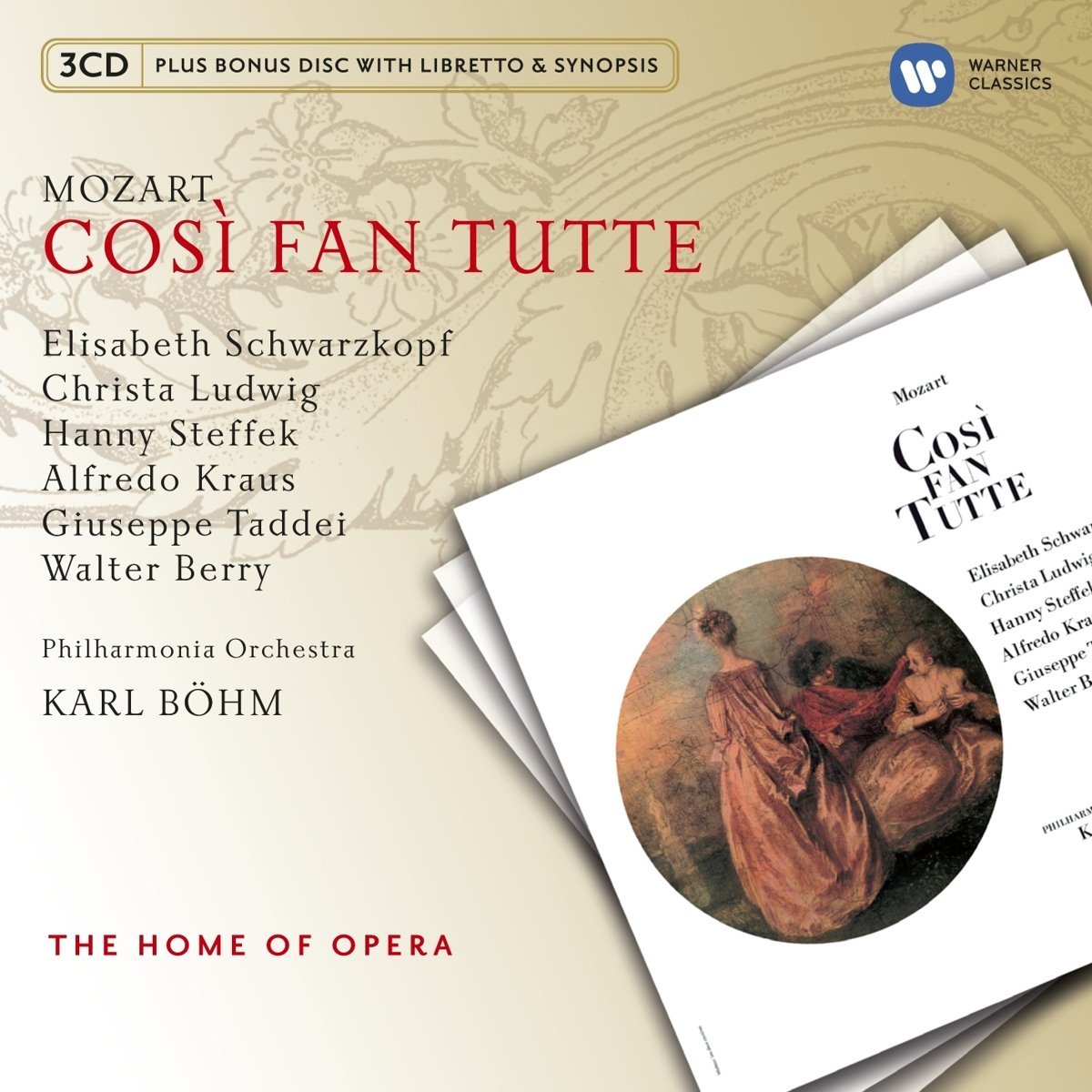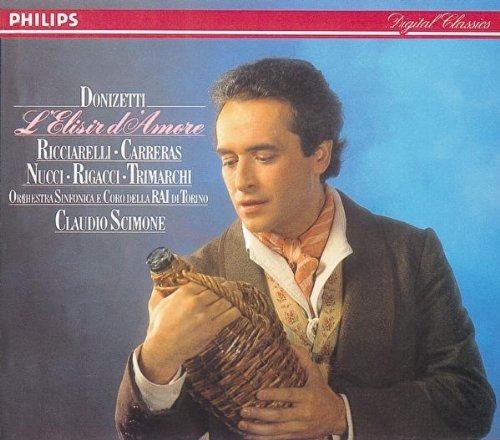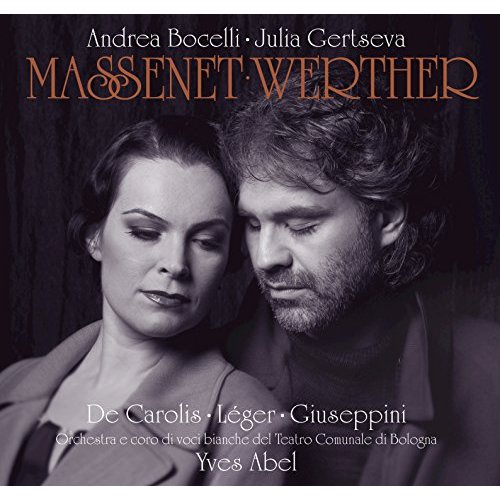Opera: Werther
Composer: Jules Massenet
Other popular works by this composer: Manon, Le Cid, Thais
First performed: 1892
Language: French
Accessibility level: Beginner Adventurer Explorer Expert
Setting: Late 18th-century Germany
Plot: A melancholy and suicidal young poet pines over another man’s woman, with tragic results
Highlights: O Nature, pleine de grâce; Pourquoi me réveiller
Recommended audio recording/s: Bocelli/Gertseva
Rating (1 to 5): ![]()
![]()
![]()
![]()
Werther, a poet and the protagonist of this opera, is a man after my own heart: brooding, introspective, focused on what (and whom) he can’t have. He’s serious and full of gloom. The opera is based on Goethe’s novel, The Sorrows of Young Werther, but a good substitute title would be “Fatal Attraction.”
The opera starts with a prelude that begins, appropriately, on a dramatic and tragic note, but then veers off into innocence and tenderness. The first scene opens on children practicing a pleasant Christmas song, which will come back in a haunting way later in the story. Reference is made to Charlotte, the object of Werther’s longing, and Albert, her betrothed. Werther enters in a rather contemplative mood, extolling the beauty of nature in poetic observations via a lovely aria, O Nature, pleine de grâce (O nature, full of grace). He has come to escort Charlotte to a ball since her fiance is away. This could perhaps be the reason for his magnanimous mood . . .
Werther expresses his love for Charlotte. She gently rebuffs him, especially after being informed that her soon-to-be husband Albert has made a surprise return home. Werther laments that his life would be wonderful if only Charlotte were his. She then rhapsodizes about her deceased mother, who made her promise to marry Albert, while Werther inappropriately steers the conversation back to her lovely eyes and mouth. In an act of pity and affection (and forbidden love?), Charlotte agrees to meet up with Werther, platonically, at Christmas, inadvertently keeping his desperate hope alive. In spite of this, he philosophizes casually on death by suicide should he continue to suffer disappointment (operas frequently feature characters with exaggerated and extreme emotions, and this one is no exception).
Albert figures out that Werther is in love with his (now) wife, and Charlotte begins to have stronger feelings for Werther in light of the letters he’s written her. Werther indeed visits her at Christmas, and they reminisce. We then come to this opera’s pièce de résistance and Massenet’s greatest aria – Pourquoi me reveiller (why do you awaken me?), an ultra-dramatic tenor showpiece wherein Werther is reciting a poem by Ossian that he is fond of. It is brooding and pessimistic, like our protagonist, with soaring angst and bitter resignation. The singer asks why spring teases him with warmth and joy, when it will only be followed by eventual sorrow. There are many wonderful renditions of this aria by the likes of Andrea Bocelli, Pavarotti and countless others, but the version below, by my third-favorite tenor, Juan Diego Florez, is especially heartfelt and moving. If this doesn’t stir you, check your pulse.
Werther expresses his love for Charlotte strongly, and while she seems to weaken, she ultimately rejects it. He leaves, and Albert soon appears, suspicious. A servant arrives with a note from Werther, asking to borrow Albert’s pistols since he is going away. Albert gladly obliges, and Charlotte is horrified. In the final act, she hurries to him and finds he has shot himself. She finally declares that she loves him, and did all along. In the background, the children sing their Christmas hymn as Werther dies in Charlotte’s arms, fulfilling the sorrow he foretold in his famous aria.











